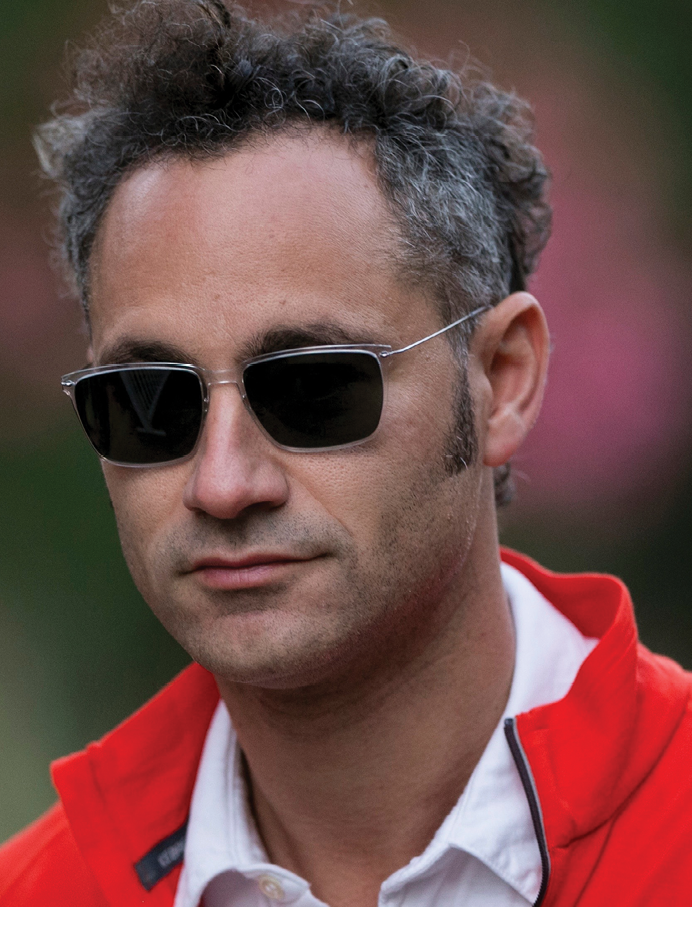Ray Kroc, the man responsible for putting a McDonalds restaurant on almost every street corner in the world, once said that the two most important requirements for major success were being in the right place at the right time and, secondly, doing something about it.
Stanford University in the last decades of the 20th century was the right place and time for a phalanx of fresh-faced college students who were to go on to become a new breed of entrepreneur.
The young nerds who inhabited the university’s halls of residence at that time surfed the waves of technological advance, used their wits, and set about changing the world by, more or less, ignoring conventional best-practice business models.
Alexander Karp shared his college digs with Peter Thiel with whom he founded, in 2004, the software firm Palantir, one of Silicon Valley’s biggest success stories. Palantir today is the number one player in the world of data mining and analysis. Peter Thiel also founded PayPal, and was the first outside investor in Facebook. As law students at Stanford, they lived among ordinary geeks who devoured DC Comics and sword-and-sorcery computer games. Indeed, the very name Palantir comes from the Lord of the Rings trilogy – a shiny globe through which one can see everyone’s secrets.
Based in Palo Alto, California, the business of which Mr Karp remains CEO, is worth an estimated $20 billion. Thanks to an early grant from the CIA, Palantir began to develop data-mining software which revolutionised counter-espionage. Today, the company lists among its clients not only the CIA and other US government agencies, but police, armed forces, major banks, corporations, and a number of philanthropic groups who get special rates.
Palantir software has aided in the tracking down and elimination of Osama bin Laden. It also helped Hershey’s sell more chocolate bars.

Clayton Christensen, author of The Innovator’s Dilemma, says the two principles of good management, taught in business schools, are that one should always listen to and respond to one’s best customers’ needs; and that one should always focus resources on areas which will bring the best return. These fundamental principles, suggests Mr Christensen, sow the seeds of decline in many well-run successful businesses. So-called disruptive companies, such as Palantir, do not play by business school rules – which is why they succeed.
The 47-year-old Alexander Karp is an example of the counterintuitive business brain that has undermined long-established companies in the field. While his rivals have picked up corporate barnacles which have slowed their innovation processes, Palantir, and start-ups like it, are unorthodox risk-takers, moving quickly to grab market share because they simply don’t operate in the same way.
Mr Karp – who, thanks to numerous death threats is these days constantly shadowed by a secret service minder – still thinks of himself as a philosopher rather than a business tycoon. The notion of the company floating has investors salivating – but Mr Karp has so far resisted that move, insisting that going public would blunt Palantir’s competitive edge.
For a man whose software has allowed government and business to dredge through the murky depths of the data ocean, Mr Karp remains a hippy at heart. He believes that Palantir can rewrite the book on personal privacy. He says that he didn’t develop the software to “allow the government to know when I smoke a joint”.
“We have to find places that we protect away from government,” he says, “so that we can all be the unique and interesting and, in my case, somewhat deviant people we’d like to be.”





























